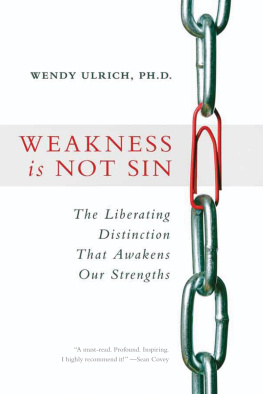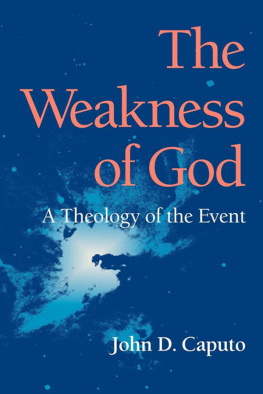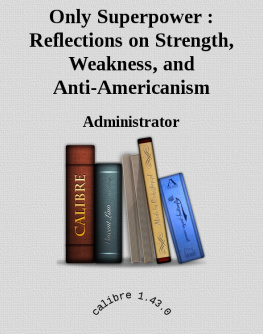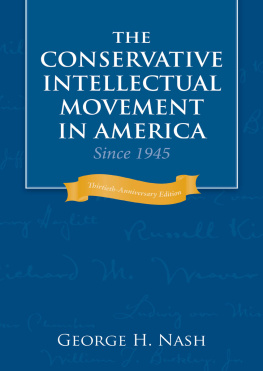I.
Table of Contents
I cannot more appropriately commence this address than by a reference to an oration delivered seven years ago in the great hall of a famous university which stands beneath the stately elms of Cambridge, in the old "Bay State" of Massachusetts: a noble seat of learning in which Canadians take a deep interest, not only because some of their sons have completed their education within its walls, but because it represents that culture and scholarship which know no national lines of separation, but belong to the world's great Federation of Learning. The orator was a man who, by his deep philosophy, his poetic genius, his broad patriotism, his love for England, her great literature and history, had won for himself a reputation not equalled in some respects by any other citizen of the United States of these later times. In the course of a brilliant oration in honour of material success and a corresponding indifference to the things of the mind." He did not deny that wealth is a great fertilizer of civilization and of the arts that beautify it; that wealth is an excellent thing since it means power, leisure and liberty; "but these," he went on to say, "divorced from culture, that is, from intelligent purpose, become the very mockery of their own essence, not goods, but evils fatal to their possessor, and bring with them, like the Nibelungen Hoard, a doom instead of a blessing." "I am saddened," he continued, "when I see our success as a nation measured by the number of acres under tillage, or of bushels of wheat exported; for the real value of a country must be weighed in scales more delicate than the balance of trade. The garners of Sicily are empty now, but the bees from all climes still fetch honey from the tiny garden-plot of Theocritus. On a map of the world you may cover Judea with your thumb, Athens with a finger-tip, and neither of them figures in the Prices Current; but they still lord it in the thought and action of every civilized man. Did not Dante cover with his hood all that was Italy six hundred years ago? And if we go back a century, where was Germany outside of Weimar? Material success is good, but only as the necessary preliminary of better things. The measure of a nation's true success is the amount it has contributed to the thought, the moral energy, the intellectual happiness, the spiritual hope and consolation of mankind."
These eloquently suggestive words, it must be remembered, were addressed by a great American author to an audience, made up of eminent scholars and writers, in the principal academic seat of that New England which has given birth to Emerson, Longfellow, Bancroft, Prescott, Motley, Hawthorne, Holmes, Parkman, and many others, representing the brightest thought and intellect of this continent. These writers were the product of the intellectual development of the many years that had passed since the pilgrims landed on the historic rock of Plymouth. Yet, while Lowell could point to such a brilliant array of historians, essayists, poets and novelists, as I have just named, as the latest results of New England culture, he felt compelled to utter a word of remonstrance against that spirit of materialism that was then as now abroad in the land, tending to stifle those generous intellectual aspirations which are best calculated to make a people truly happy and great.
Let us now apply these remarks of the eminent American poet and thinker to Canadato ourselves, whose history is even older than that of New England; contemporaneous rather with that of Virginia, since Champlain landed on the heights of Quebec and laid the foundations of the ancient capital only a year after the English adventurers of the days of King James set their feet on the banks of the river named after that sovereign and commenced the old town which has long since disappeared before the tides of the ocean that stretches away beyond the shores of the Old Dominion. ever ready to pay its meed of respect. These Virginian statesmen won their fame in the large theatre of national achievementin laying the basis of the most remarkable federal republic the world has ever seen; whilst Canadian public men have laboured with equal earnestness and ability in that far less conspicuous and brilliant arena of colonial development, the eulogy of which has to be written in the histories of the future.
in the Appendix.
Let me now ask you to follow me for a short time whilst I review some of the most salient features of our intellectual progress since the days Canada entered on its career of competition in the civilization of this continent. So far there have been three well defined eras of development in the country now known as the Dominion of Canada. First, there was the era of French Canadian occupation which in many respects had its heroic and picturesque features. Then, after the cession of Canada to England, came that era of political and constitutional struggle for a larger measure of public liberty which ended in the establishment of responsible government about half a century ago. Then we come to that era which dates from the confederation of the provincesan era of which the first quarter of a century only has passed, of which the signs are still full of promise, despite the prediction of gloomy thinkers, if Canadians remain true to themselves and face the future with the same courage and confidence that have distinguished the past.
As I have just said, the days of the French regime were in a sense days of heroic endeavour, since we see in the vista of the past a small colony whose total population at no period exceeded eighty thousand souls, chiefly living on the banks of the St. Lawrence, between Quebec and Montreal, and contending against great odds for the supremacy on the continent of America. The pen of Francis Parkman has given a vivid picture of those days when bold adventurers unlocked the secrets of this Canadian Dominion, pushed into the western wilderness, followed unknown rivers, and at last found a way to the waters of that southern gulf where Spain had long before, in the days of Grijalva, Cortez and Pineda, planted her flag and won treasures of gold and silver from an unhappy people who soon learned to curse the day when the white men came to the fair islands of the south and the rich country of Mexico. In these days the world, with universal acclaim has paid its tribute of admiration to the memory of a great Discoverer who had the courage of his convictions and led the way to the unknown lands beyond the Azores and the Canaries. This present generation has forgiven him much in view of his heroism in facing the dangers of unknown seas and piercing their mysteries. His purpose was so great, and his success so conspicuous, that both have obscured his human weakness. In some respects he was wiser than the age in which he lived; in others he was the product of the greed and the superstition of that age; but we who owe him so much forget the frailty of the man in the sagacity of the Discoverer. As Canadians, however, now review the character of the great Genoese, and of his compeers and successors in the opening up of this continent, they must, with pride, come to the conclusion that none of these men can compare in nobility of purpose, in sincere devotion to God, King and Country, with Champlain, the sailor of Brouage, who became the founder of Quebec and the father of New France.











